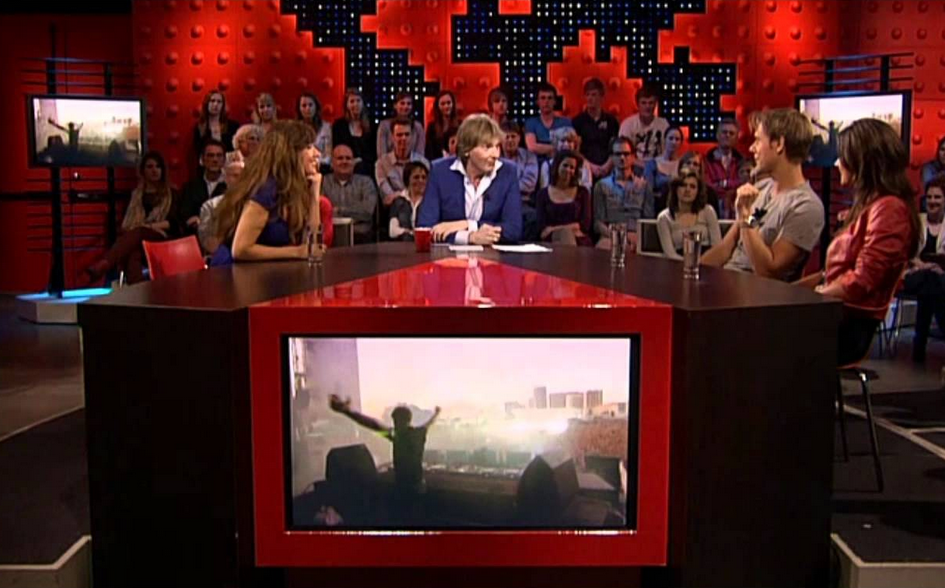Public broadcasters to lose populist entertainment role
 Junior culture minister Sander Dekker is pressing ahead with his plan to remove populist entertainment from the Dutch public broadcasters, but says he wants them to remain ‘relevant’ to a new generation of viewers.
Junior culture minister Sander Dekker is pressing ahead with his plan to remove populist entertainment from the Dutch public broadcasters, but says he wants them to remain ‘relevant’ to a new generation of viewers.
The draft media law states that no more public money should be spent on quizz shows and reality soaps and that broadcasters without creative ideas should be given less airtime. Only programmes which are informative, cultural or educational should be produced.
A programme such as the daily chat show De Wereld Draait Door is a prime example of how it should be done, the minister is quoted as saying. Presenter Matthijs van Nieuwkerk is reputed to be the highest paid performer on Dutch public television.
Dekker also wants the umbrella organisation NPO to have more power over individual broadcasting companies.
Changes in youngsters’ viewing habits require a new way of working in Hilversum, where most tv companies are based, Dekker said.
‘There needs to be more drive, more creativity. At the moment there are meetings about every little issue,’ he said. ‘Without change, there is a chance they will miss the boat and the new generation will switch off.’
There are currently 21 public broadcasting companies, but their number is being merged into eight in 2016 and then again to six. Public broadcasting is funded by a combination of government money and advertising, but state funding is being slashed by €200m a year from 2015.
Thank you for donating to DutchNews.nl.
We could not provide the Dutch News service, and keep it free of charge, without the generous support of our readers. Your donations allow us to report on issues you tell us matter, and provide you with a summary of the most important Dutch news each day.
Make a donation